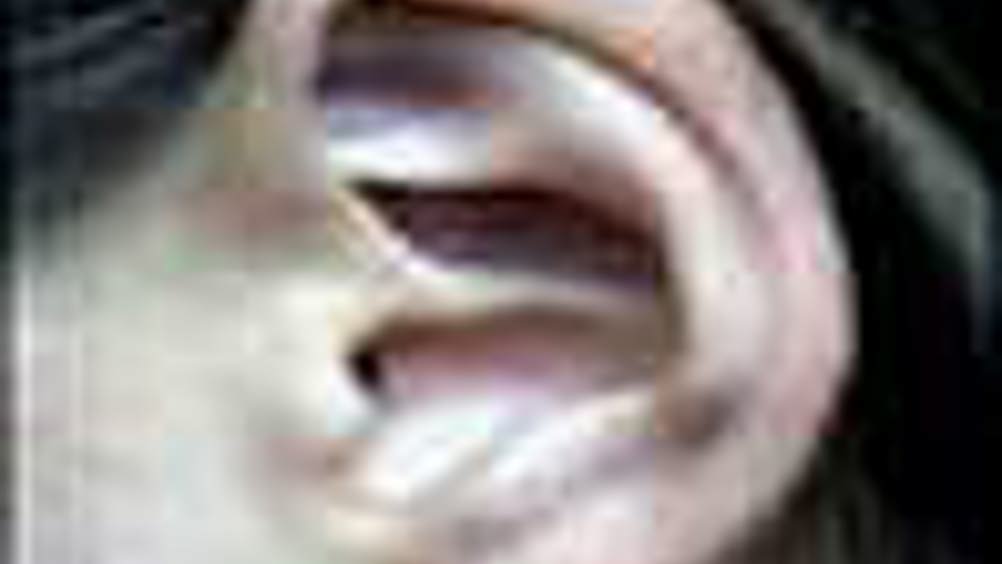Sound software

A software algorithm developed at Tel Aviv University is claimed to improve speech recognition for the hard-of-hearing.
Hearing aids and cochlear implants act as tiny amplifiers so that the deaf and hard-of-hearing can make sense of voices and music. These devices also amplify background sound, so they are less effective in a noisy environment such as a busy workplace.
Prof Miriam Furst-Yust of Tel Aviv University's School of Electrical Engineering has developed a software algorithm named Clearcall for cochlear implants and hearing aids. It is claimed to improve speech recognition for the hard-of-hearing by up to 50 per cent, by filtering out irrelevant noise.
Based on a cochlear model that she devised, the patented technology is being developed to improve the capabilities of existing cochlear implants and digital hearing aids. Adding Clearcall to current technology is quite straightforward, said Furst-Yust, and only requires adding software to existing devices.
The software was originally developed for use in mobile phones, but Clearcall introduced distortions that people with healthy hearing found distracting. That is when Furst-Yust started applying the methodology to hearing aids.
Register now to continue reading
Thanks for visiting The Engineer. You’ve now reached your monthly limit of news stories. Register for free to unlock unlimited access to all of our news coverage, as well as premium content including opinion, in-depth features and special reports.
Benefits of registering
-
In-depth insights and coverage of key emerging trends
-
Unrestricted access to special reports throughout the year
-
Daily technology news delivered straight to your inbox










Water Sector Talent Exodus Could Cripple The Sector
Maybe if things are essential for the running of a country and we want to pay a fair price we should be running these utilities on a not for profit...